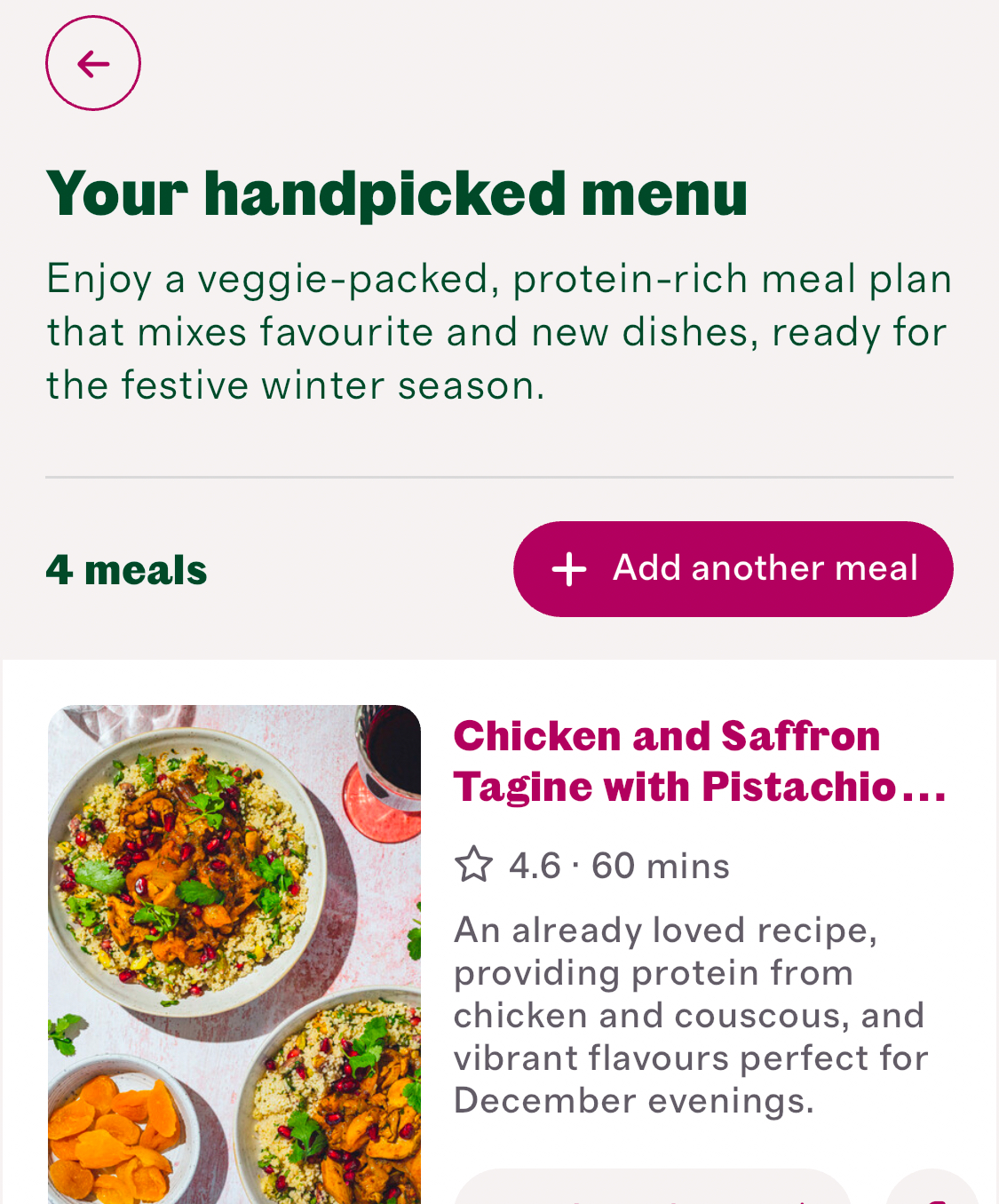Founder mode is emergency surgery
“Founder mode” is emergency surgery. It is not the right way to run a healthy business.
If your company is sick, you need to fix it. That means courageous decisions only you can make. You will need to dive in and operate sometimes. That doesn’t mean you create bottlenecks by deciding everything for years to come.
It’s important to fix a sick company, but more important to work on your company’s long term health. Then it won’t constantly get sick, and you won’t have to be endlessly treating it.
A healthy business makes 80% of the same decisions you would, at all levels, if you had the greater context and expertise that exists at each level. You must align your company around how decisions should be made.
How to stay healthy? Exercise. Work a little on your company each week or month, and keep it fit.
What to work on? Start with the culture. Work on your values. It’s boring, but essential, like jogging in the freezing winter if you want to run a marathon in April.
If your company has good general health, when it gets sick (numbers drop, competitors eat your lunch, investment dries up) your team have the power and permission to pivot fast.
You can monitor the healing and course correct, but you won’t need to resort to emergency surgery, with a risk that your company dies on the operating table.
More articles
Introducing Kaijo: AI functions that just work
For months, I have wrestled with a problem that has consumed my thoughts and challenged everything I know about software development.
This week I wrote about building the future with AI agents. One of the key areas for me is moving beyond prompt engineering to something more reliable.
I have spent decades learning how to craft reliable software. Now I want to bring that reliability to AI development.
Today I am ready to share what I have been building in the background.
It started with a game. It ended with something that could change how we build AI applications forever.
Read moreBuilding the Future

Something has been on my mind for months. The rapid evolution of AI agents has opened up possibilities I cannot ignore.
We are witnessing the emergence of semi autonomous agents that will fundamentally reshape how we work and communicate. The opportunities in this space are extraordinary. I am diving deeper into this world of AI agent development and product creation.
My newsletter is evolving. Instead of dispensing tips from a position of authority, I invite you on a journey of discovery. I will document my experiences building with AI, how to apply my tech experience in a new world, and navigating the inevitable struggles and setbacks.
Read on for several key areas I am exploring.
Read moreStartup Success Stories Are Flawed
In his book on mapping business strategy, Simon Wardley makes an observation that struck me hard recently.
You cannot learn chess from a list of moves. Even with access to every grandmaster game ever played, simply studying the sequence of moves will not make you a strong player. Without understanding the board position, the strategic context, and the invisible forces at play, these move lists are merely shadows of the actual game.
This observation triggered a thought that has been bothering me about how we approach startup knowledge and learning.
Read moreHow to Build a Robust LLM Application

Last month at Cherrypick we launched a brand new meal generator that uses LLMs to create personalized meal plans.
It has been a great success and we are pleased with the results. Customers are changing their plans 30% less and using their plans in their baskets 14% more.
However, getting to this point was not straightforward, and we learned many things that can go wrong when building these types of systems.
Here is what we learned about building an LLM-based product that actually works, and ends up in production rather than languishing in an investor deck as a cool tech demo.
Read moreWhy Hybrid Work Works
As someone who lives an hour and a half from my London office, I love working from home. I can help my teenagers out of the door in the morning, and I am present when the family comes home. I can have coffee with my wife Ellie before we start work. I prepare dinner during my lunch break, and receive deliveries. I can contribute more effort during my day to Cherrypick, free from distractions, interruptions and the long commute. I would struggle to work effectively five days a week in London.
I also love working from the office. It is an opportunity to spend real time with the people I work with. Communication is easier and I spend less time on screens. I can train less experienced colleagues much more efficiently than video chat. I can ask for and give advice and help in person, cutting down long feedback cycles. I would struggle to work effectively five days a week from home.
Much of the debate around hybrid working appears to be a zero sum argument about why working from home is “better” or “worse”, and why working in the office is “more” or “less” productive.
One is not better than the other; they are just different. I think we need both for a balanced life.
Here are some pointers for how to have a productive conversation about hybrid in your team.
Read more